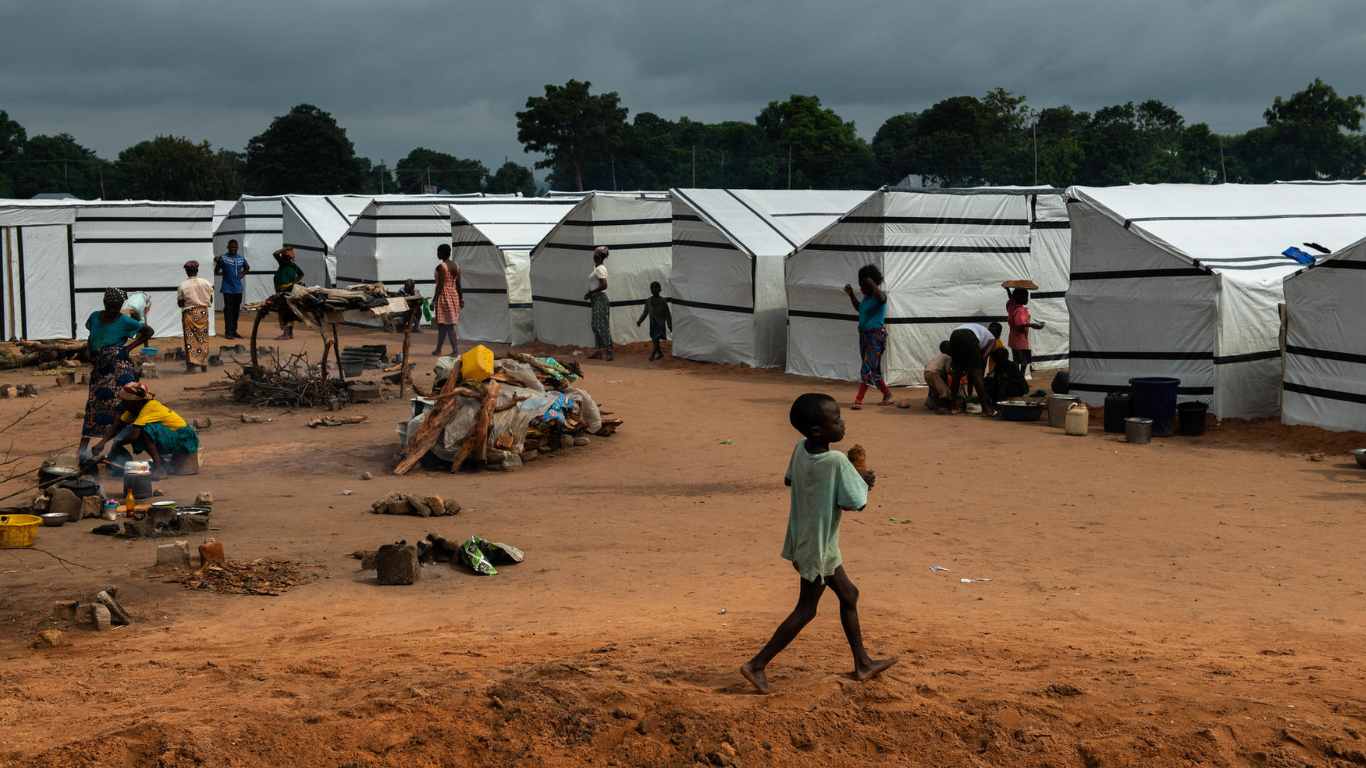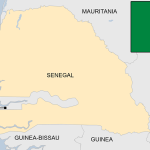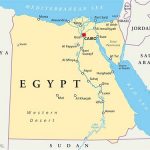
Despite No Conventional War, Over 2 Million Benue Farmers Decries Living Conditions At IDP Camps

Indigenous farmers of Benue State, who, for seven years, have been living in Internally Displaced Persons (IDP) camps after their displacement by herdsmen, have decried their unbearable living conditions.
They described their condition as traumatic and hard and expressed the desire to return to their homes and farms though the herdsmen have taken over their villages.
Narrating their situation, Blessing Aondofa, a 35-year-old and mother of four, told Vanguard Newspaper that “it has been traumatic living in the camps, and we desire to return home to our farms, which herdsmen have taken over.” Aondofa left Tse Upam in Guma LGA five years ago to live at the Ichuwa IDP camp along the Uniagric Road North Bank.
We cannot go back because armed herders are still roaming our villages, and whoever they meet in the village is not spared. We are going through hard times despite the intervention of the state government and other organisations. We want to return to our homes and our farms to produce food from where we provide for our children who are also denied proper education,” she added.
Another mother of four, Ngufan Imoter, from Tse Akajime in Makurdi LGA, said she had also spent five years in the camp with her family.
As we speak, my husband now searches for menial jobs to provide for us. But we want to return to our ancestral homes and work on our farms,” she narrated.
Benue State is known as the ‘Food Basket’ of the Nation, yet the farmers in the state are faced with displacement caused by armed herders, despite the government’s vow to end insecurity.
This insecurity is also no different in Borno State, where about 83 rice farmers were killed in 2021 by making an effort to end food insecurity through farming.
With government insufficient or rather wide-range inaction, the armed herders have displaced over 3.3 million people living in IDP as a result of conflict and violence at the end of 2023, about half of them in Borno state and 2 million in Benue State, as of 2024.
About The Author
Mayowa Durosinmi
author
M. Durosinmi is a West Africa Weekly investigative reporter covering Politics, Human Rights, Health, and Security in West Africa and the Sahel Region
Mayowa Durosinmi
M. Durosinmi is a West Africa Weekly investigative reporter covering Politics, Human Rights, Health, and Security in West Africa and the Sahel Region
Related Articles
Burkina Faso Releases Detained Nigerian Aircrew After Unauthorised Landing
Burkina Faso has released eleven Nigerian military personnel who were detained after...
ByWest Africa WeeklyDecember 12, 2025AES, Togo and Chad Launch Strategic Energy Projects in Niamey
Ministers of Energy from the Alliance of Sahel States, alongside their counterparts...
ByWest Africa WeeklyDecember 12, 2025Senate Pleas Exemption from VIPs Security Withdrawal
The Nigerian Senate has appealed to President Bola Ahmed Tinubu to exempt...
ByJoshua ChuwangDecember 12, 2025US Peace Talks All for Nothing as Fighting Engulfs Eastern Congo and Rebels Advance
What was presented as a breakthrough moment of diplomacy has instead become...
ByWest Africa WeeklyDecember 11, 2025











